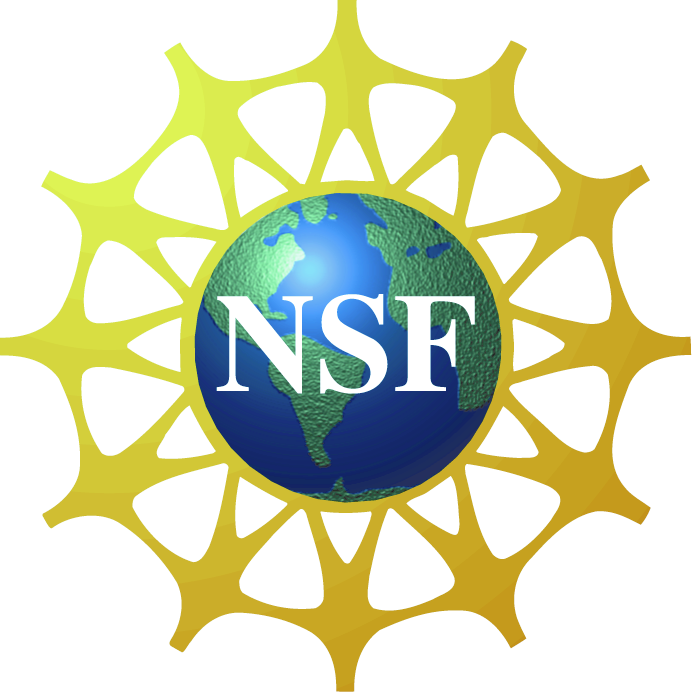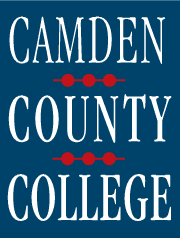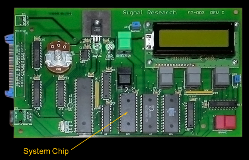Overview
Systems-on-Chip (SoC) is the major revolution taking place in the design of Integrated Circuits. However, progress in this rapidly evolving area hinges critically on the availability of well-educated engineers able to bridge the architectural and physical gaps in SoC design. There is a strong consensus from industry and academic institutions on the importance and urgency of reflecting the impact of the SoC paradigm shift in engineering education, as traditional programs, especially at the undergraduate level, have not kept pace with this evolution. This project addresses this challenge and develops a curricular prototype that cuts across the artificial course boundaries and introduces SoC knowledge through vertically-integrated and problem-oriented laboratory experiments. Beginning with basic concepts, this approach immerses students in actual system-design projects through three specific engineering design flows (digital, analog, and signal processing) where experiences are formalized and encapsulated into reusable methods, libraries and tools.
Objectives
-
Systematically impart fundamental and contemporary SoC knowledge in targeted courses, including a new summer course, through the development of coherent laboratory experiments;
-
Collaborate with a local community college, where transfer students are drawn from, introducing those students to applications of SoC technology in core/summer courses, preparing them well for this technological paradigm shift in their continuing education, and encouraging them to pursue ECE;
-
Improve students’ learning and comprehension of engineering concepts by promoting diverse learning styles and motivating students through continuous exposure to multidisciplinary/interdisciplinary real world problems in SoC design; and
-
Increase recruitment and retention of engineering students, especially underrepresented groups, through collaborative efforts with three successful K-12 outreach programs and introducing students to a vision of engineers solving real life problems to improve the quality of life
Acknowledgements

This material is based upon work supported by the National Science Foundation under Grant No. 0633512. Any opinions, findings, and conclusions or recommendations expressed in this material are those of the author(s) and do not necessarily reflect the views of the National Science Foundation.
 
|
